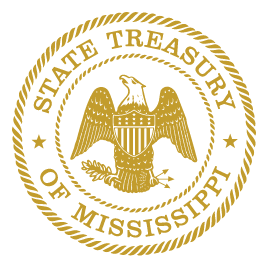Newsroom
McRae: Celebrating Disability Employment Awareness Month
Prior to 2014, Americans with disabilities were extremely limited in what they could put away for a rainy day without losing access to much-needed food, housing, and health care assistance. As a result, many with disabilities were forced to remain in poverty just to receive the public benefits they required.
In December 2014, however, Congress passed the ABLE Act, giving millions of disabled Americans a path to greater financial independence. In the years since, families have opened 82,000 ABLE accounts that hold about $650 million in savings. But not every American living with a disability can benefit from such accounts, and I believe that needs to change.
Under the current rules, the beneficiary’s disability must have started before they turned 26. While that was a good place to start, the program’s rules leave out millions of disabled Americans – including many veterans – whose disability began after their 26th birthday. That’s why I’m calling on Congress to pass the ABLE Age Adjustment Act, which increases the age of onset from 26 to 46 years old.
Here is why this is important: People with disabilities are twice as likely to live in poverty as their non-disabled counterparts, and barring access to an ABLE account, there are very few paths out of it.
More specifically, if a disabled American relies on social safety net benefits, their savings are federally limited to just $2,000 before they risk falling off a financial cliff. By passing this legislation, Congress would put financial stability – and perhaps even financial independence – within the grasp of 6 million more Americans, including 1 million disabled veterans.
Once an ABLE account has been opened, the beneficiary, as well as their family and friends, can contribute to it. They are also empowered to choose how the money is invested, giving them an opportunity to grow their savings over time. And for many, the growth is tax free.
The money accumulated in the account can be used for a variety of disability-related expenses, including education, housing, healthcare, and transportation. This is not another government program that taxpayers on the hook for or a deficit-spiking commitment. Instead, expanding ABLE empowers individuals and their families to take personal responsibility over their savings and achieve greater financial security.
The creation of ABLE in 2014 was a significant step forward. President Trump’s 2017 tax reform package was another improvement, as it permitted rollovers from 529 college savings accounts and allowed beneficiaries with earned income to make increased contributions. Passing the ABLE Age Adjustment Act would be another strong step to empower more Americans to live with dignity while reaching their God-given potential.
